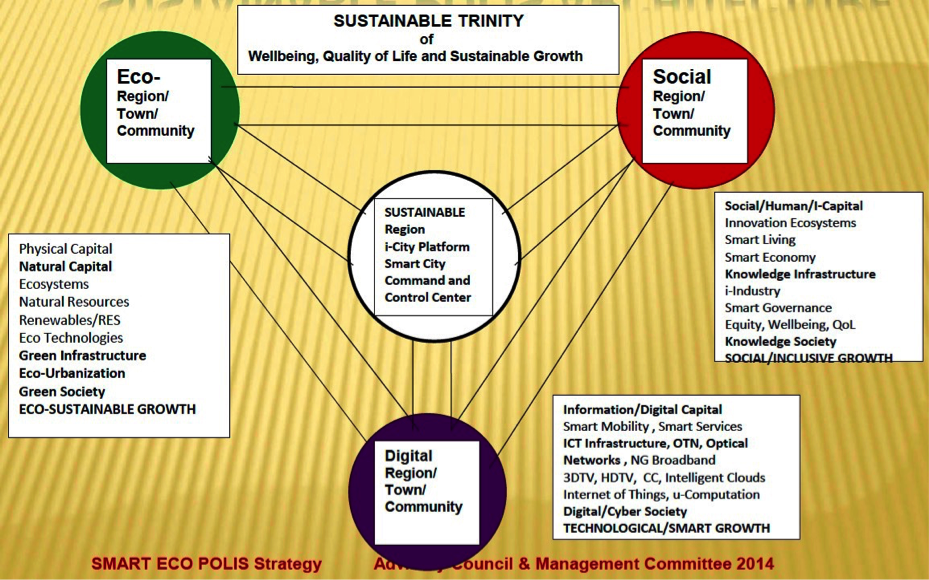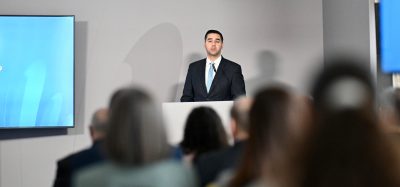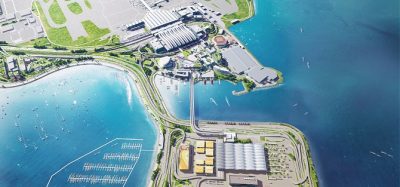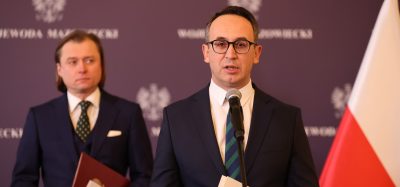Eco-Polis: The EU prototype model
- Like
- Digg
- Del
- Tumblr
- VKontakte
- Buffer
- Love This
- Odnoklassniki
- Meneame
- Blogger
- Amazon
- Yahoo Mail
- Gmail
- AOL
- Newsvine
- HackerNews
- Evernote
- MySpace
- Mail.ru
- Viadeo
- Line
- Comments
- Yummly
- SMS
- Viber
- Telegram
- Subscribe
- Skype
- Facebook Messenger
- Kakao
- LiveJournal
- Yammer
- Edgar
- Fintel
- Mix
- Instapaper
- Copy Link
Posted: 19 April 2016 | Dr Sarkar | No comments yet
Because of its unique beauty, idyllic natural environment and excellent climate, Polis in Cyprus, and the surrounding area is among the first choices for environmental sustainability and eco-regional development policies. Committed to the EU Smart Cities and Communities Initiative to improve the quality of life and communal well-being, the Council of Polis is determined to transform the Polis region as a European (Mediterranean) model of regional sustainability, as an innovative corridor of seaside smart town resort and eco communities; carbon neutral or zero-carbon and zero-waste region with integrated ‘green’ and ‘blue’ economies.
Considering the scale, scope and high ambition of this integrated eco region strategy, it is expected that the EU’s LIFE programme – which contributes funding to aid the implementation, updating and development of EU environmental and climate policy and legislation by co-financing projects with European added value – could contribute its average amount, €10 million, with the total project budget to be around €17 million, mobilised from other EU funds1.
Smart Eco-Polis: A miniaturised global initiative
The Smart Eco-Polis Global Initiatives, taken by the organisers of the EU Smart Cities and Communities, undertook the following strategic decisions, as per their mission objectives2:
- The Smart Eco Polis Strategy and Implementation Plan where the eco-town and local communities are envisioned as smart and green, livable and creative, vibrant and attractive, climate-resilient places of the future and unique destinations of excellence.
- The Polis region is to be run by a distributed intelligent management platform for future-proof infrastructure, smart mobility and transportation, efficient utilities, clean energy networks, smart power and communication grids, public facilities, intelligent street lighting, intelligent building systems, etc.
- In order for the urban wealth and communal benefits to be pursued, the Urban Areas and Rural Communities shall have ecologically healthy living, safety and well-being, integrated sustainable town and communal planning and land use, connected residential areas, green living, clean environment, eco-friendly roads, car-free zones, smart streets, clean transportation, energy and advanced utilities, urban agriculture, home ecology, green buildings, renewable energy networks, rainwater catchment systems, solar desalination plants, biomass refineries, solar gardens, environmental quality, low utility bills, lease or sales premiums, increased property values, high property developments, coastal and maritime eco-tourism, quality jobs, solar eco communities and smart eco town, global branding and highly competitive marketability.
- The Smart Eco-Polis Initiative shell be performed by the Public-Private-Civil Society Partnership, led by the Advisory Council, chaired by Mayor and assisted by the city councilors and local community presidents, and run by the program management, leading strategists and members of the European Innovation Partnership on Smart Cities and Communities.
- The Smart Eco-Polis Advisory Council invites future-looking businesses and national ministries, utilities and NGOs, banking institutions and investment funds, developers and investors, academia and research organisations, citizens and civic associations, to adjoin the exciting journey of building intelligent eco communities and cities, as the keys to a sustainable recovery and smart growth of Cyprus and Europe.
- Being in line with the EU Strategy 2020, the Eco-Polis Investment Programme is to utilise the EIB’s Framework Loan under the EU Multiannual Financial Framework 2014-2020 – 7-Years Planning, Strategies, Policies and Regulations, Funds, Programmes and Projects, all innovative funding opportunities, schemes, and initiatives, as well as local government incentives for smart urban growth and sustainable redevelopment. Financing could follow the Public-Private-Citizen Partnership business models, and be shared by the private firms, investors and municipal government.


A sustainable aerotropolis structure
The Smart Polis Cloud Platform
- The Urban Internet of Everything is the cloud-networked connection of people, processes, data, and things.
- The i-Region Environmental Operation Centre is connected with thousands of sensors and cameras spread throughout the cities, as the city brain of the Urban IoE, in which M2M technologies are vital to present intelligent data analytics for city processes.
- ‘Smart Polis’ Intelligent Platform is to integrate a technology-centric (smart) level, an intelligent (people-centric) level, and eco-sustainable level improving the urban economy, community integration, quality of life, and overall sustainability.
- $14.4 trillion of potential value at stake for the private sector, IoE is a $19 trillion opportunity for businesses and governments globally 2013-2022.
References
About the author
After obtaining his Master in Science from the Madras University, and Doctorate Degree in Geochemistry and Earth Sciences from the University of Wales, Dr. A N Sarkar worked for more than four decades in the Petrochemicals-related fields, R& D, Environment, Central Ministries, External Donor Agencies, and Academics. He served as a Chair Professor-National Agricultural Bank for Rural Development (NABARD); Professor, University of Petroleum and Energy Studies.
More recently, Dr. Sarkar has worked as a Senior Professor (International Business) and Dean (Research) in the Asia-Pacific Institute of Management, New Delhi. He has also served as convener and member secretaries in various Inter-Ministerial Committees on ‘Natural Resources Management’, ‘Sustainable Development’ and ‘Renewable Energy’. Dr. Sarkar has so far authored 22 Books and more than 100 research papers, published in reputed national and international journals.
His books include: Energy Security, Global Climate Change & Sustainable Energy Development, Emission Trading & Carbon Management and Petro-Economics (Pentagon Press, New Delhi); Global Climate Economics (LAP, Publishing Corporation, Germany); CSR in Mining Industry (LAP, Publishing Corporation, Germany), Green Banking, Microfinance, Eco-Industrial Clusters (Atlantic Publishing House), Environmental Economics, Energy, Environment and Global Climate Economics (Discovery Publishing).
Click here to contact Dr Sarkar.

















